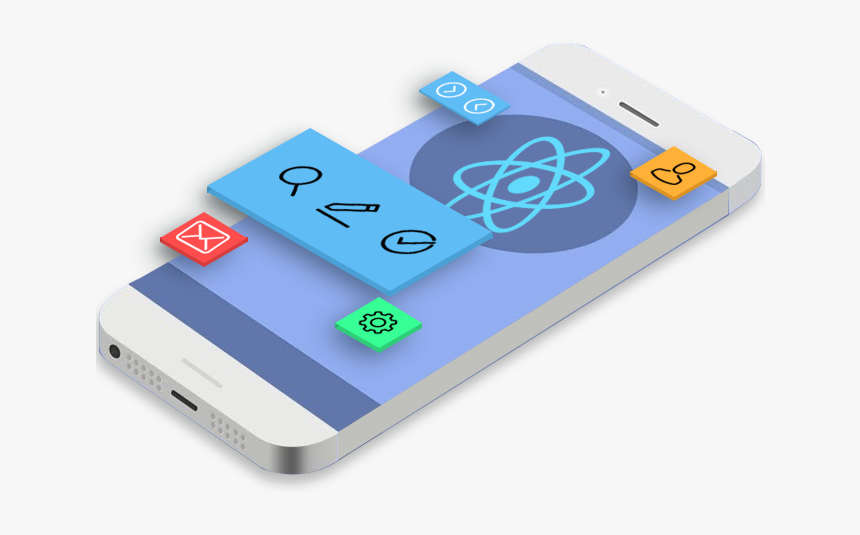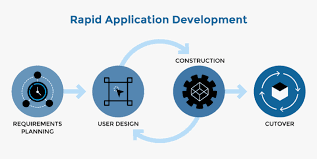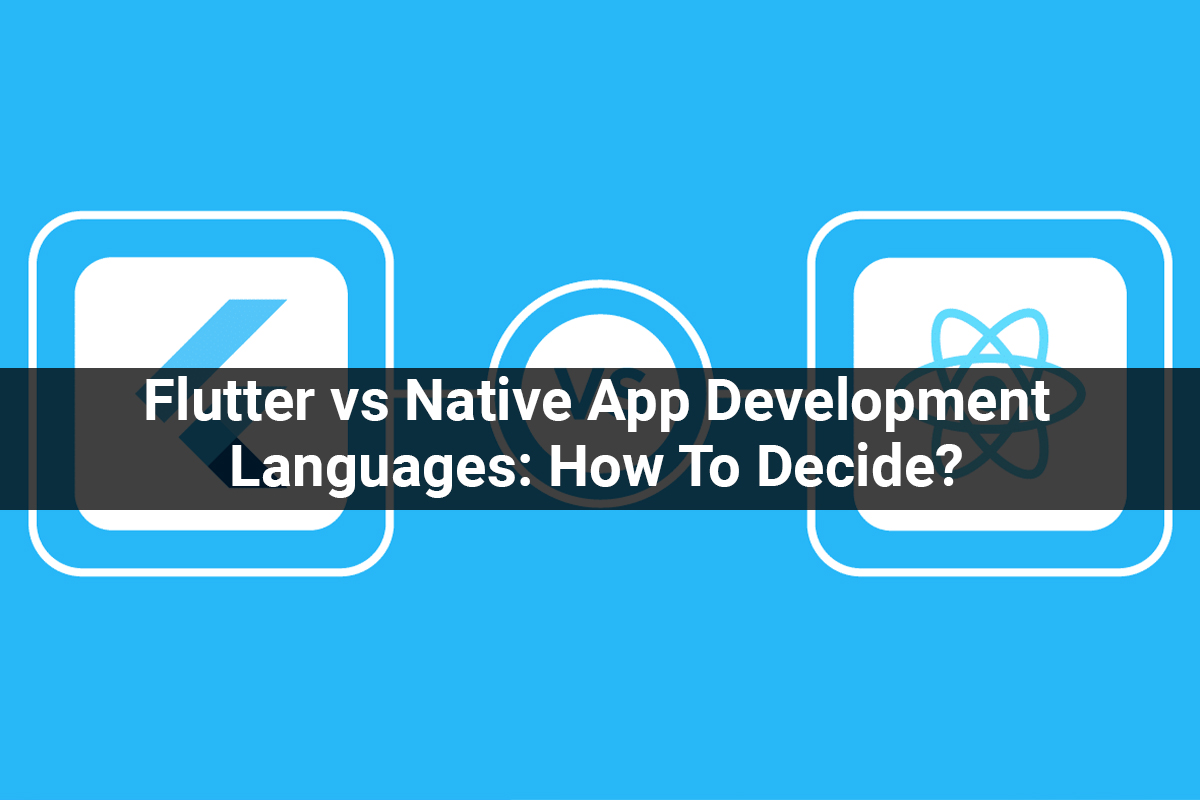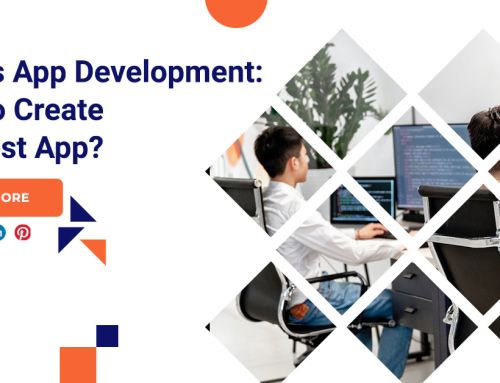Flutter vs Native App Development Languages: How To Decide?
When thinking about mobile app development, there can be a strong desire to decide the underlying technology involved in the creation process. The fact is that these approaches differ significantly in terms of development model and performance, maintenance price, and various factors. To make the right choice, you need to fully understand the particularities of Flutter, its advantages, its weaknesses, and its use cases.
Flutter vs native development: which one choose for your next project?
The most well-known mobile app systems that make use of native technologies to develop apps are iOS and Android. To make the right choice, you need to fully understand the particularities of Flutter, its advantages, its weaknesses, and its use cases.
Comparison
Flutter
Flutter is an open-source framework that works with a language called Google Dart. It is generally referred to as an enhanced UI toolkit used to develop cross-platform apps with a single code base that enables the development of an expressive and flexible user interface with native performance is not yet the perfect choice for the new application you are going to create.
What are native technologies?
Native app development is the process of developing a specific app for iOS. Android or Windows for this lens can take full advantage of device features such as camera, accelerometer, compass, GPS, etc. Some of the commonly used frameworks and programming languages are:
Could flutter eventually replace native development
Flutter isn’t the first attempt at creating a unified mobile development framework this type of frame is on the market today enjoys a well-deserved reputation. There has been speculation about Flutter’s fate and whether or not he will have a higher option on native development in the future, perhaps even replacing native apps altogether at some point.

Flutter vs native for rapid app development
Flutter facilitates rapid app development by allowing developers to run an app on Android and iOS with very little work needed to adapt the logic. Having to maintain separate versions of your team’s critical applications can quickly drain your available budget. Flutter also gives the benefit of extensive community support in this regard.

Comparison
Flutter
Flutter applies writing once, design everywhere. Moreover, the codes are easier to understand even new developers can learn easily thanks to the low training costs. Flutter is not yet the perfect choice for the new apps you are going to develop.
Native technologies
The time required to develop a mobile app with native technologies varies depending on budget, schedule, and scalability.
Unified development across multiple platforms
Unified development between Android and iOS can also be a boon for larger teams and is an important factor when deciding between Flutter or native development.

Native Features and Integration Capabilities
Native Technologies
Integration capabilities for iOS and Android through their respective frameworks and programming languages differ depending on the software design model and application performance. To propose a diagram, the maximum of local frameworks, including Swift, usable for the creation of iOS apps offer enhanced security and expressive advances in functionality with the ability for rapid integration.
Flutter
Integrating unique features from third-party libraries or plugins is not a challenge with Flutter, but it might be considered superior by developers unfamiliar with Dart’s features.
Will Flutter replace local app development?
Many executives come and go throughout their lives. Flutter has already taken a steady position in mobile app development. Its growth burden in the world of cross-platform app development has overtaken its nearest competitor the native framework.
Conclusion
This article is designed to give you an overview of the right technology for app development we hope this blog helps you lay the groundwork for the technology you plan to work with. Our primary goal is for you to leverage this information and interact with your team in technology that you both understand.








Leave A Comment
You must be logged in to post a comment.